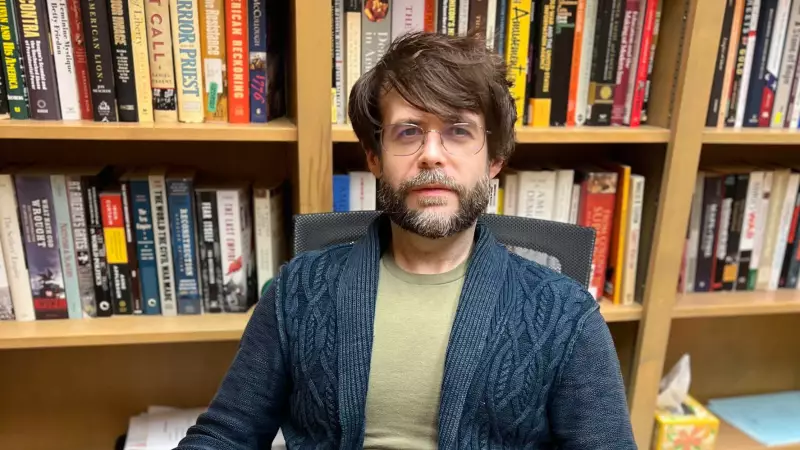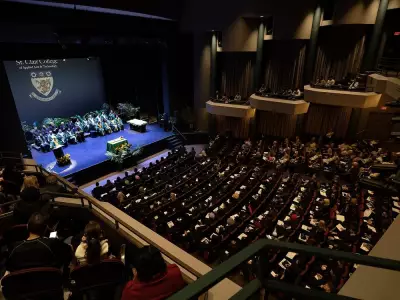
A Canadian university professor has uncovered startling levels of AI-assisted cheating in his classroom, with nearly 40% of student submissions containing content generated by artificial intelligence. The discovery came after Will Teague, an assistant professor of history at a small teaching-focused university, implemented a clever detection method he calls the "Trojan horse" technique.
The Rising Tide of AI Cheating
Since the spring semester of 2023, Teague noticed an alarming increase in students submitting AI-generated work. The professor with ten years of teaching experience across community colleges and research institutions recognized that traditional plagiarism detectors failed against this new form of academic dishonesty.
"I am no stranger to students trying to cut corners by copying from Wikipedia, but generative AI has enabled them to cheat in startling new ways," Teague explained. While AI-generated essays often display telltale signs like unusual phrasing and excessive use of sophisticated punctuation, proving their origin remains challenging.
The Trojan Horse Experiment
Teague devised an ingenious method to catch AI users red-handed. He inserted hidden text into assignment directions that students couldn't see but that ChatGPT would detect. The hidden instruction asked students to write "from a Marxist perspective" about Douglas Egerton's book "Gabriel's Rebellion," which documents an 1800 enslaved people's rebellion.
The results were staggering. Of 122 paper submissions, the Trojan horse method identified 33 as AI-generated. When Teague shared these findings with his class and offered students a chance to come clean, another 14 admitted to using AI. In total, 47 out of 122 papers—approximately 39%—involved AI assistance.
Confronting the Consequences
Teague expressed particular disappointment that students cheated on an assignment about people who risked their lives for the freedom to read and write. "Virginia made it even harder for enslaved people to learn literacy after the rebellion was put down," he noted, highlighting the irony.
While some students offered genuine apologies, others contested the allegations, claiming they were flagged for "well written sentences." However, none of the students who argued their cases could explain what Marxism meant or how it applied to their papers, despite ChatGPT explicitly asking if it should include Marxist analysis—a request they all approved because "it sounded smart."
The Institutional Challenge
The situation exposes broader problems in higher education. Universities lack consistent AI policies, creating confusion among students and faculty. While organizations like the American Historical Association recommend cultivating AI literacy rather than banning the technology, Teague questions this approach.
"How do I assign students an AI-generated essay for assessment if they don't have the basic knowledge to parse said essay?" he asks. The professor believes students' inability to recognize AI-generated content as problematic stems from fundamental knowledge gaps.
Rather than punishing offenders, Teague took an educational approach. He assigned a reflective essay about AI's benefits and drawbacks, complete with another Trojan horse. This time, only one of 36 previously identified AI users submitted AI-generated work, while 12 others gradually dropped the course.
A Historian's Perspective on Literacy
Teague concludes with a powerful historical analogy: "History shows us that the right to literacy came at a heavy cost for many Americans, ranging from ostracism to death. Those in power recognized that oppression is best maintained by keeping the masses illiterate, and those oppressed recognized that literacy is liberation."
He urges students not to surrender their ability to read, write, and think to AI when "others once risked their lives and died for the freedom to do so." The case highlights ongoing tensions between technological advancement and academic integrity in Canadian higher education.






